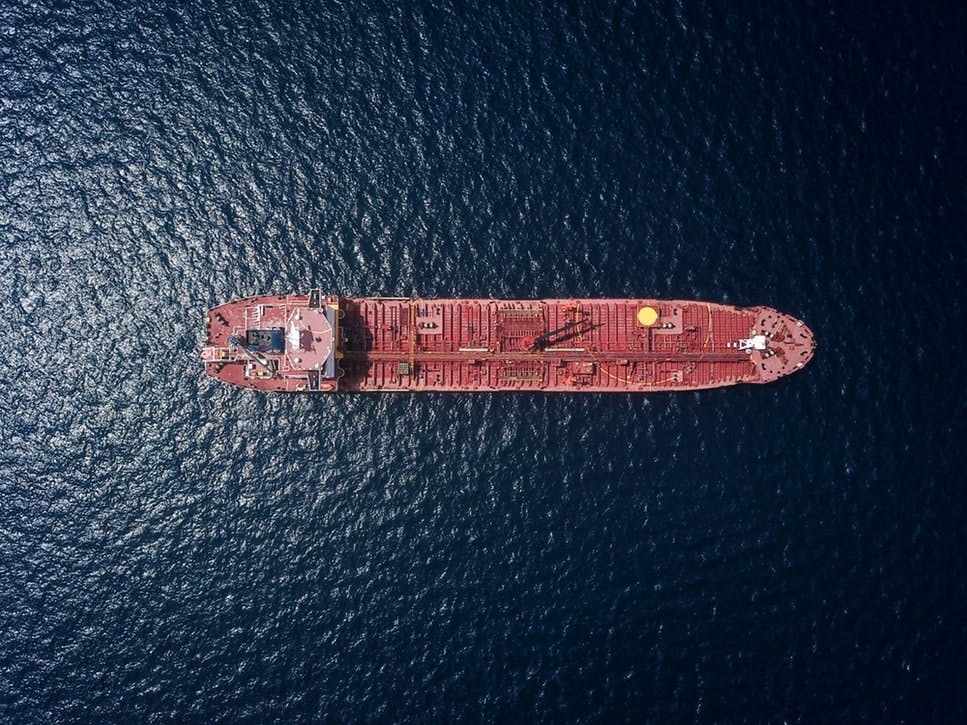Webinar replay | Global Supply Chain Architecture: Examining Red Sea’s Evolving Impact - Watch Now

How to limit the impact of blank sailing on customers’ supply chain?
The COVID-19 pandemic is currently affecting supply chains across the world. Adjustments on global trade agreements and other factors usually create some degree of complexity in supply chains. The coronavirus crisis has taken supply chains to a whole new level of uncertainty.
As blank sailings rise, schedule reliability drops
The blank sailing rate has risen since the beginning of the year due to the coronavirus outbreak in China and the global pandemic. As of today, massive withdrawal programs have resulted in 450 blank sailings until the end of June.
Void sailings combined with congestions recorded at the main loading ports in Asia have had a major impact on the schedule reliability. The score for the first quarter of 2020 stood at 67.9%, becoming the second-lowest first-quarter schedule reliability and only 1.5 percentage points higher than the lowest recorded first-quarter global schedule reliability of 66.4% in 2018.
Last-minute cancellation leads to a lack of visibility
With the COVID-19 crisis, carriers are now enduring low bookings and a high volume of last-minute cancellations. Since March, The members of 2M Alliance, THE Alliance, and Ocean Alliance have revised their schedules and are adjusting their operations. Each alliance merges services, changes rotation, cancels port calls, stops regular weekly service on main strings, or suspends rotation until further notice. One of the main events in the sea freight nowadays is the use of the rotation via the Cape of Good Hope to avoid the high fees of the Suez Canal. Carriers are also adding transshipments in usual direct corridors and need to discharge in unusual ports containers, that are waiting to be loaded on the next available shipment.
On the whole, the impact on lead time is massive
Besides, carriers are constrained to cancel transports under short-notice decisions, leading to a lack of communication between the alliance members. According to Sea-Intelligence, some of the schedules published by carriers within the alliances were contradictory. Customers noticed incorrect information such as different weeks given for the same blanked sailings or different vessel names.
In this context, providing visibility to customers is challenging and requires time to consolidate information from different sources and providers.
Provide visibility to limit extra costs for your customers
By consolidating scattered data from freight forwarders, carriers, ports, and external sources, Wakeo provides access to reliable and real-time information. If the container was booked on a sailing that has been canceled, it will be rescheduled to leave on the next available shipment and the real-time ETA will be adjusted accordingly on Wakeo platform.
With all the information on a shared platform, reliable and real-time data can be easily communicated to customers. Monitor shipments and proactively communicate all events influencing the ETA to customers is a valuable service that will make the difference from competition and build a positive customer experience despite the current challenging situation.
Evaluate location in real-time, estimate the value and the cost of in-transit stock, and identify cost-killing opportunities are key metrics to take proactive actions and limit the impact of the COVID-19 crisis on costs.
As carriers expect the economic fallout from the coronavirus pandemic to extend into the peak season, blank sailings will continue to affect schedule reliability. Communicate reliable information and help customers to take proactive actions to reduce extra costs in the coming months will be key to build a long-lasting relationship.